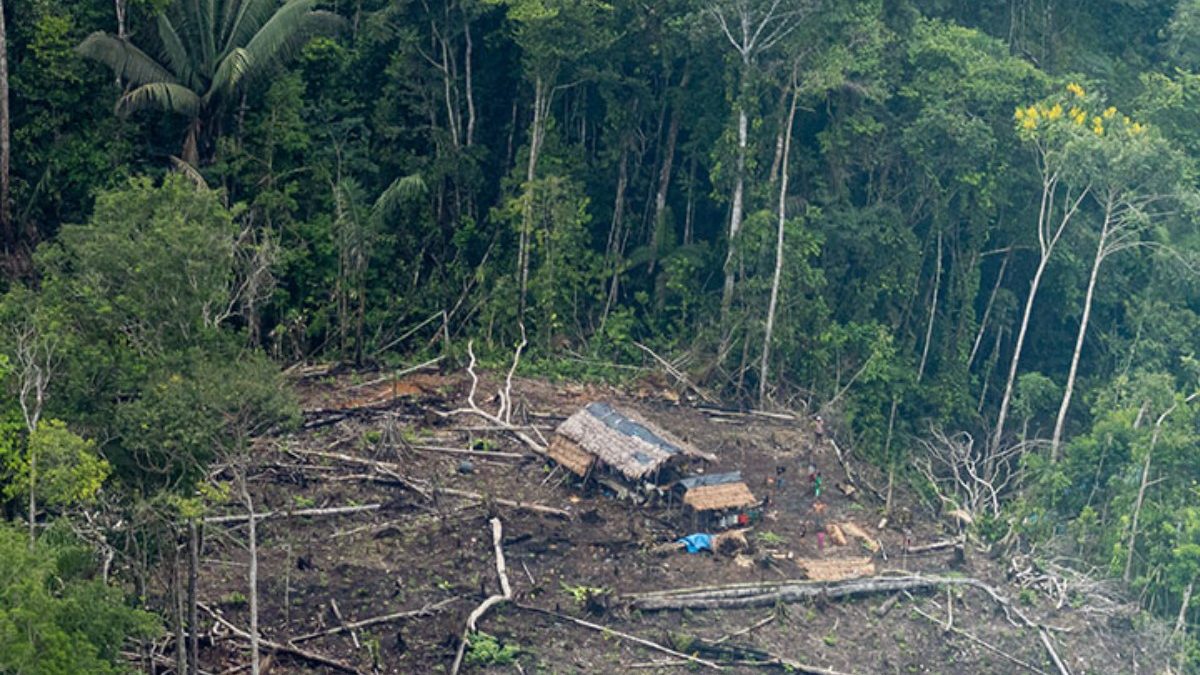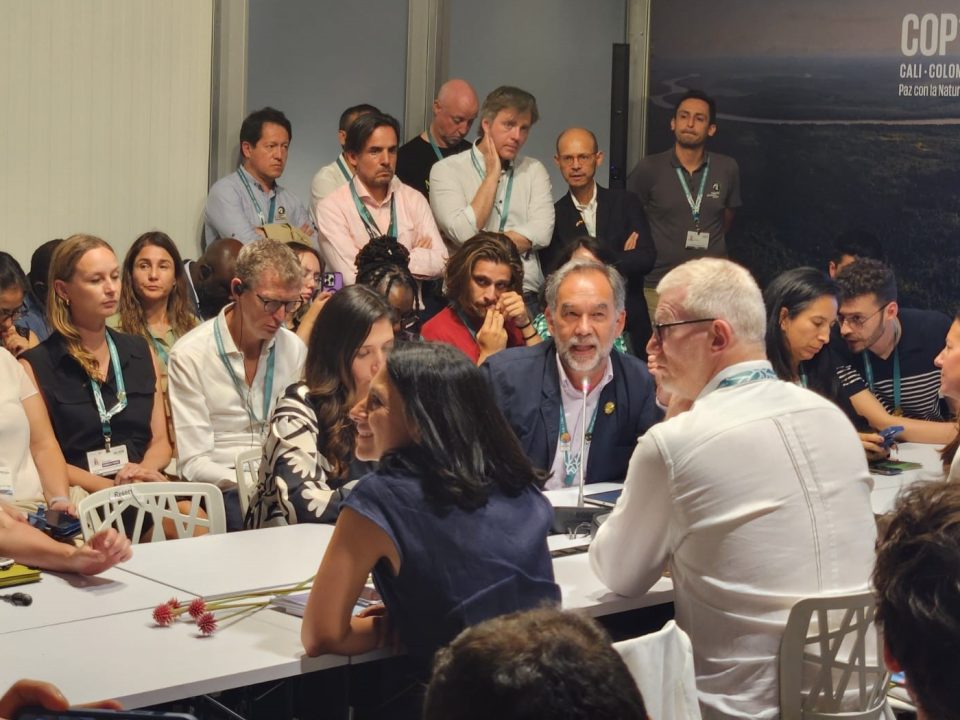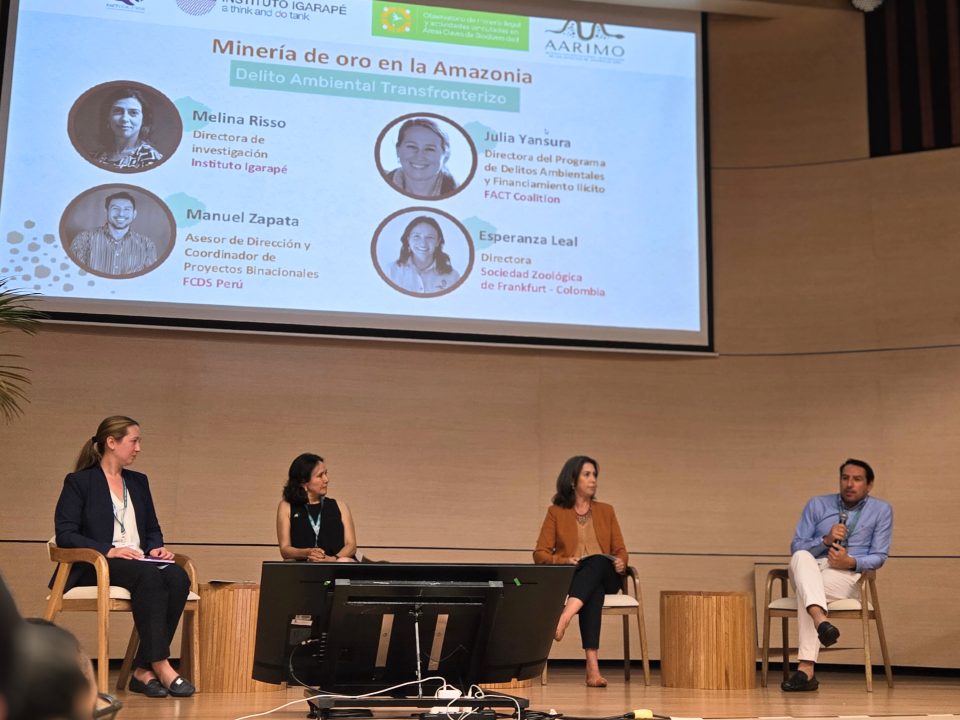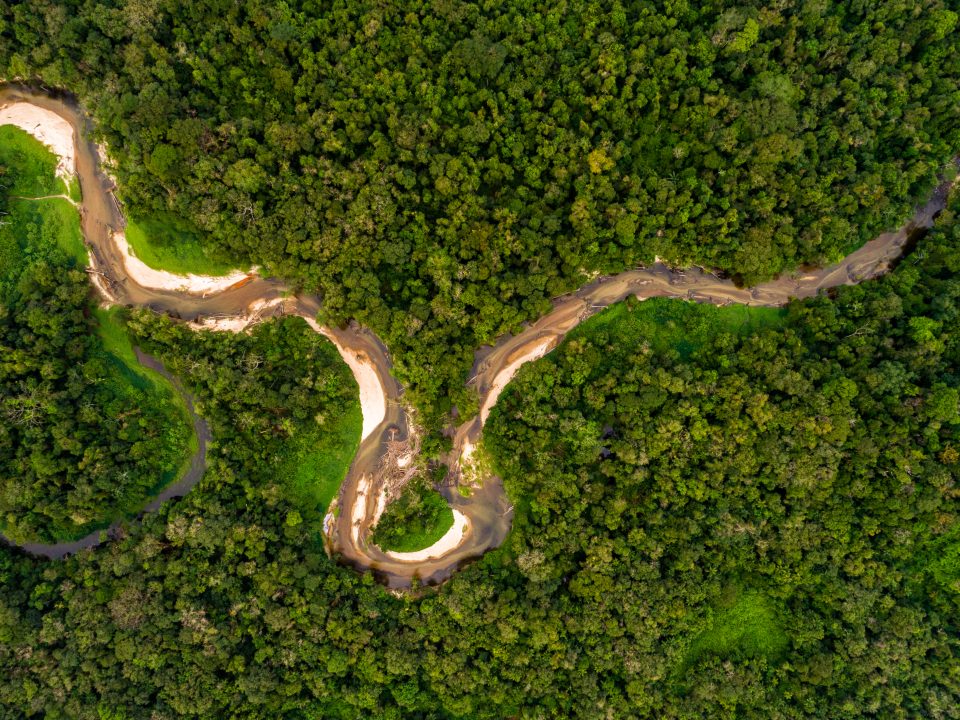By: Ciro Salazar Valdivia, FCDS-Peru technical specialist.
Last Friday, May 3, the virtual discussion “Deforestation and Environmental Crimes in the Peruvian Amazon” was held, an event organized by the United for Forests initiative of the Foundation for Conservation and Sustainable Development (FCDS-Peru) with the College of Journalists of Madre de Dios and the National Communications Coordinator. The event brought together the deans of the College of Journalists of Amazonas, Huanuco, San Martin, Ucayali and Madre de Dios.
The discussion included the participation of Daniel Castillo, representative of the National Forest Conservation Program of the Ministry of the Environment, who highlighted the deforestation situation in the Amazon regions, pointing out, among other figures, that the provinces of Coronel Portillo and Tambopata in Ucayali and Madre de Dios, respectively, are the ones that have concentrated the highest deforestation in 2022 (16.46% of the national total). (16.46 % of the national total). He also pointed out that this deforestation is associated with various illicit activities such as drug trafficking and illegal mining.
Daniel Linares, representative of the Financial Intelligence Unit of the Superintendence of Banking and Insurance, detailed the work of the specialized agency in identifying the routes of money of illicit origin and its links with environmental crimes such as illegal mining. This information processed by the FIU is key for the processes of justice administration in environmental matters.
In a second block, the deans of the College of Journalists of Amazonas, San Martín, Ucayali and Huánuco, gave an account of the critical situation of environmental crimes in their regions. the critical situation of environmental crimes in their regions, coinciding They agreed on the risk that illegal activities such as illegal logging, illegal mining, land trafficking and drug trafficking represent a high risk to people with high environmental costs.
In view of this situation, they called for concrete actions by the State to combat these crimes and the corruption associated with them. In this regard, they emphasized the crucial role of the media in raising public awareness of the risks of environmental crimes, as well as in informing and demanding that the authorities take action in response.






